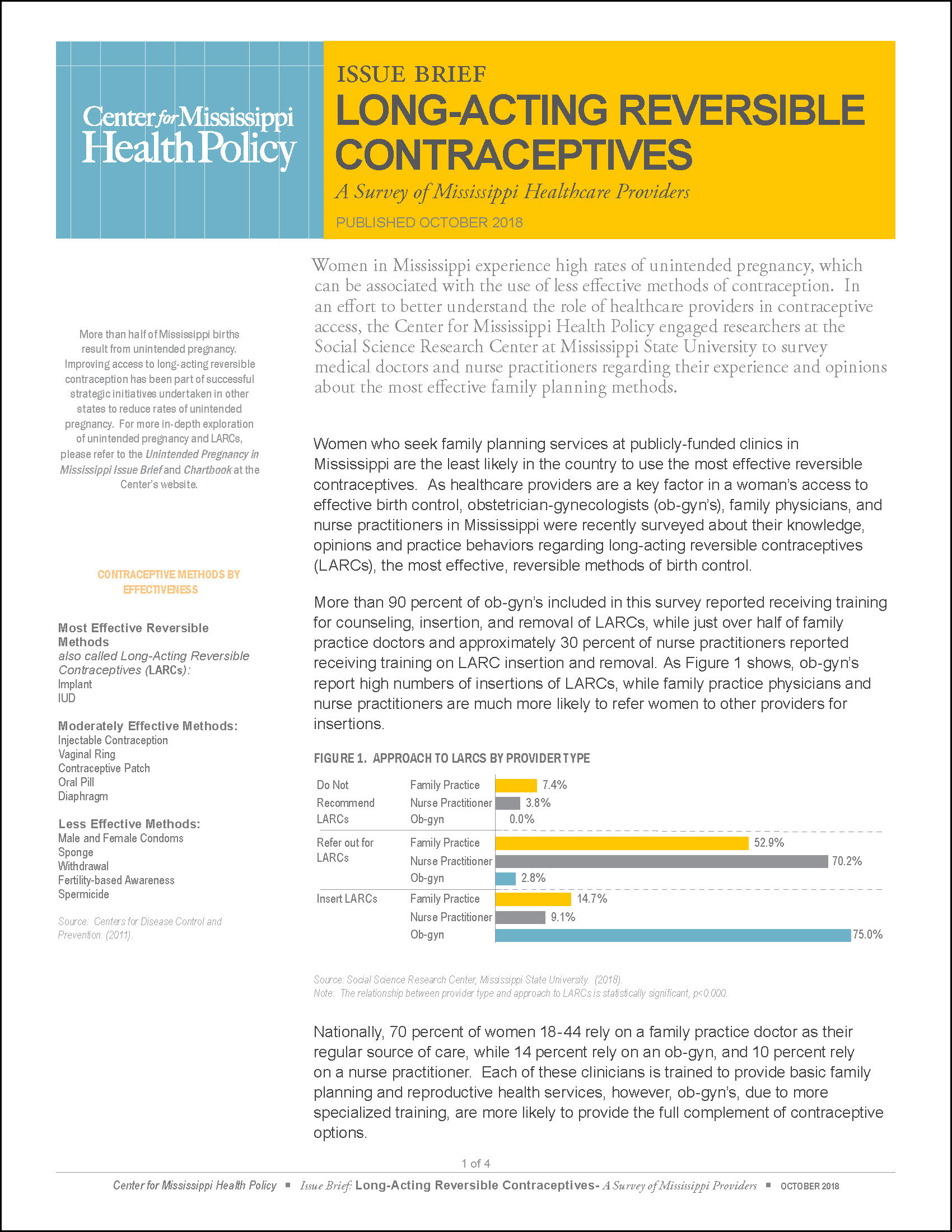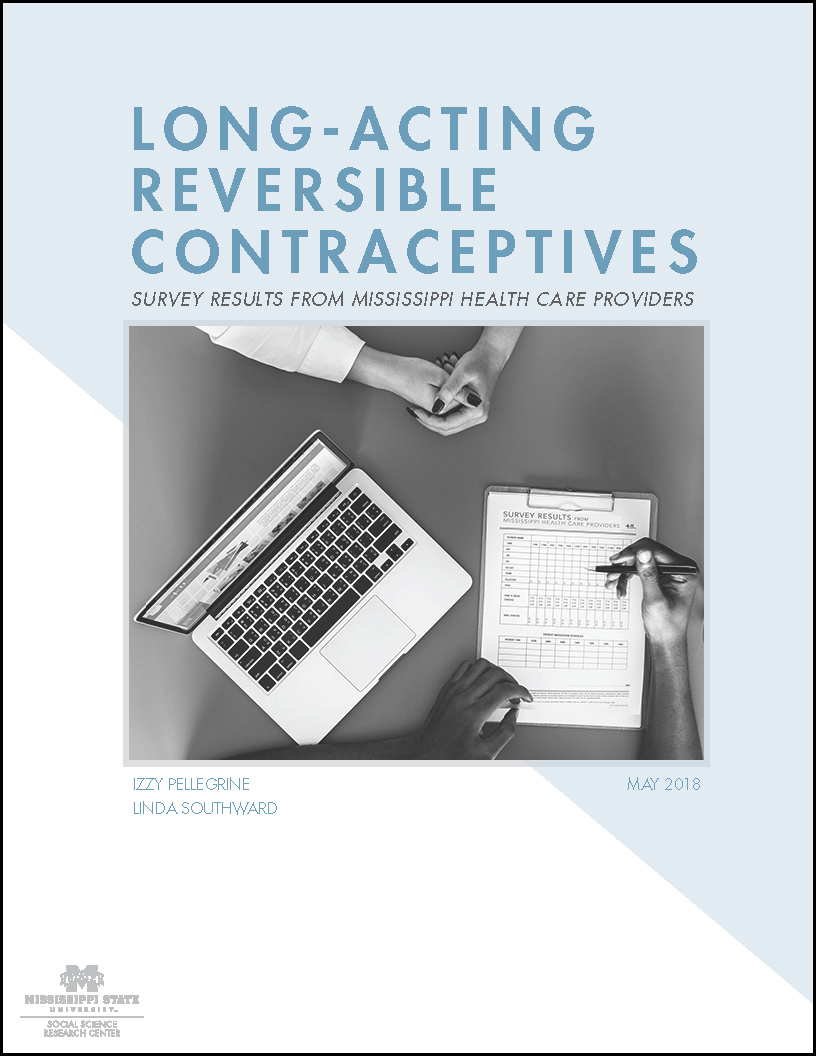This fact sheet provides the number and percentage of adults ages 18 – 64 without health insurance at the county level in Mississippi and compares rates for years 2017 and 2020, the most recent data. Under the Affordable Care Act, Adults with household incomes below 138% of the Federal Poverty Level (FPL) would qualify for expanded Medicaid coverage currently not elected by the state. Adults from households with incomes below 400% FPL qualify for federal support (subsidies) to buy health … Read more...
Tag Archives: Uninsured
UNINSURED ADULTS BY COUNTY
This fact sheet provides the number and percentage of adults ages 18 – 64 without health insurance at the county level in Mississippi and compares rates for years 2016 and 2019, the most recent data. Under the Affordable Care Act, Adults with household incomes below 138% of the Federal Poverty Level (FPL) would qualify for expanded Medicaid coverage currently not elected by the state. Adults from households with incomes below 400% FPL qualify for federal support (subsidies) to buy health … Read more...
Uninsured Adults 2020
This fact sheet provides the number and percentage of adults ages 18 – 64 without
health insurance at the county level in Mississippi. Under the Affordable Care
Act, adults from households with incomes of 400 percent of the federal poverty
threshold (FPL) or less qualify for federal support (subsidies) to buy health
insurance through a Health Insurance Exchange. Adults with household incomes
of 138 percent or less of FPL would qualify for Medicaid coverage if the state
chose to the … Read more...
Contraceptive Access, Choice, & Utilization: A Survey of Mississippi Women
Women in Mississippi experience high rates of unintended pregnancy, which can be associated with the use of less effective methods of contraception. In an effort to better understand how Mississippians access birth control generally, the Center for Mississippi Health Policy commissioned a survey of Mississippi women of reproductive age to understand what factors influence women’s choice of birth control methods and what barriers, if any, limit them in obtaining the method of their choice.
Survey respondents were recruited from … Read more...
Long-Acting Reversible Contraceptives: A Survey of Mississippi Health Care Providers
Women in Mississippi experience high rates of unintended pregnancy, which can be associated with the use of less effective methods of contraception. In an effort to better understand the role of health care providers in contraceptive access, the Center for Mississippi Health Policy engaged researchers at the Social Science Research Center at Mississippi State University to survey obstetrician-gynecologists (ob-gyn’s), family practice physicians, and nurse practitioners regarding their experience and opinions related to long-acting reversible contraceptives (LARCs).
KEY FINDINGS
- Ob-gyn’s report


